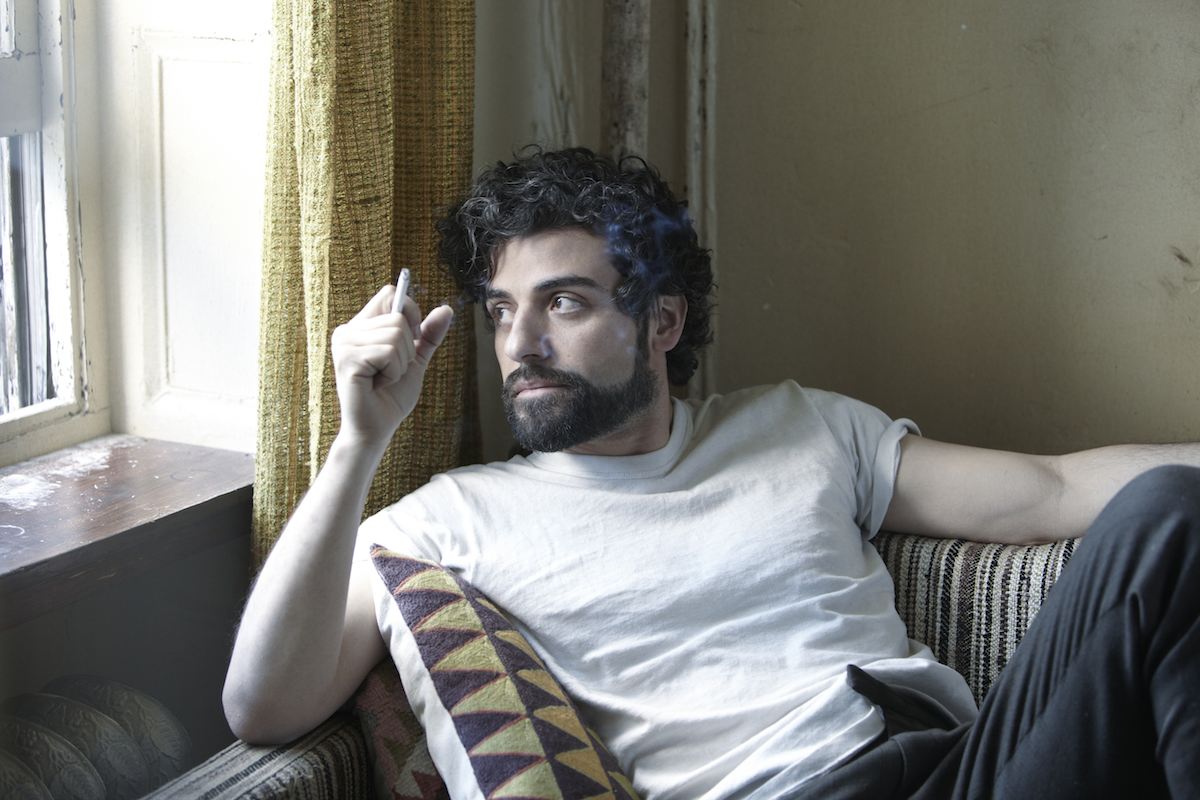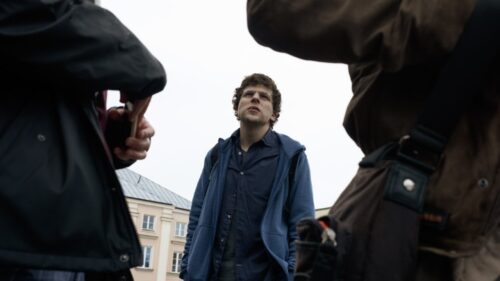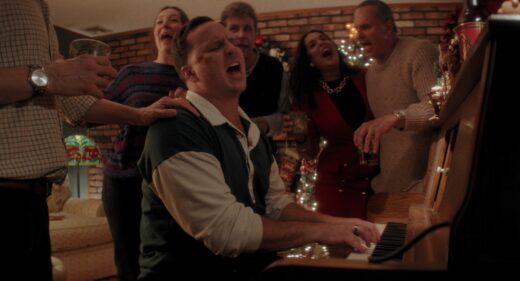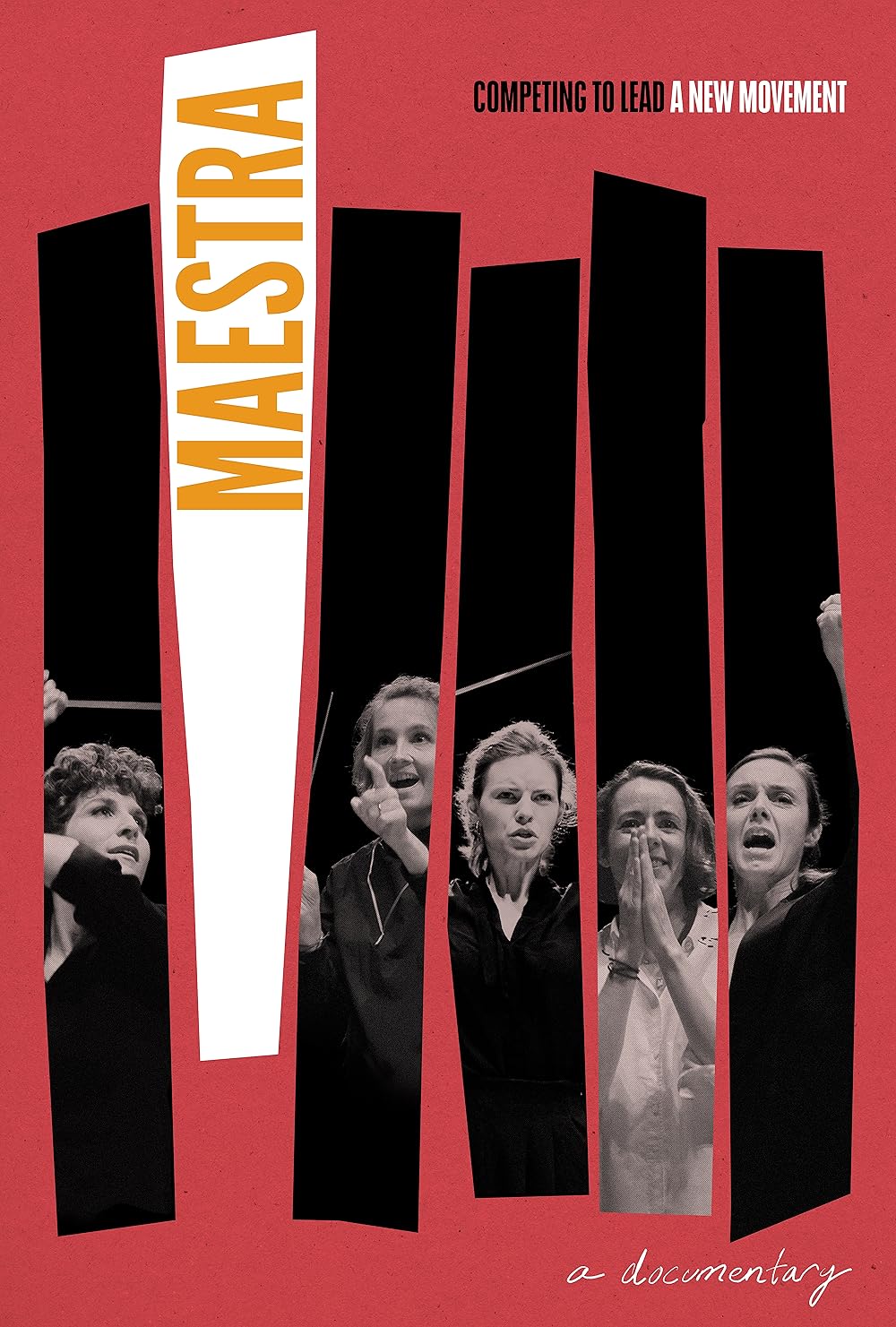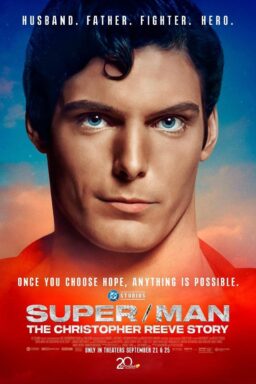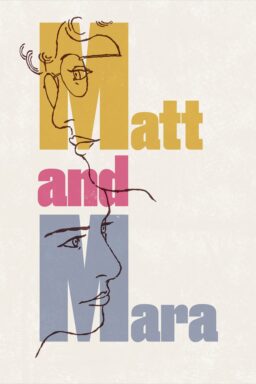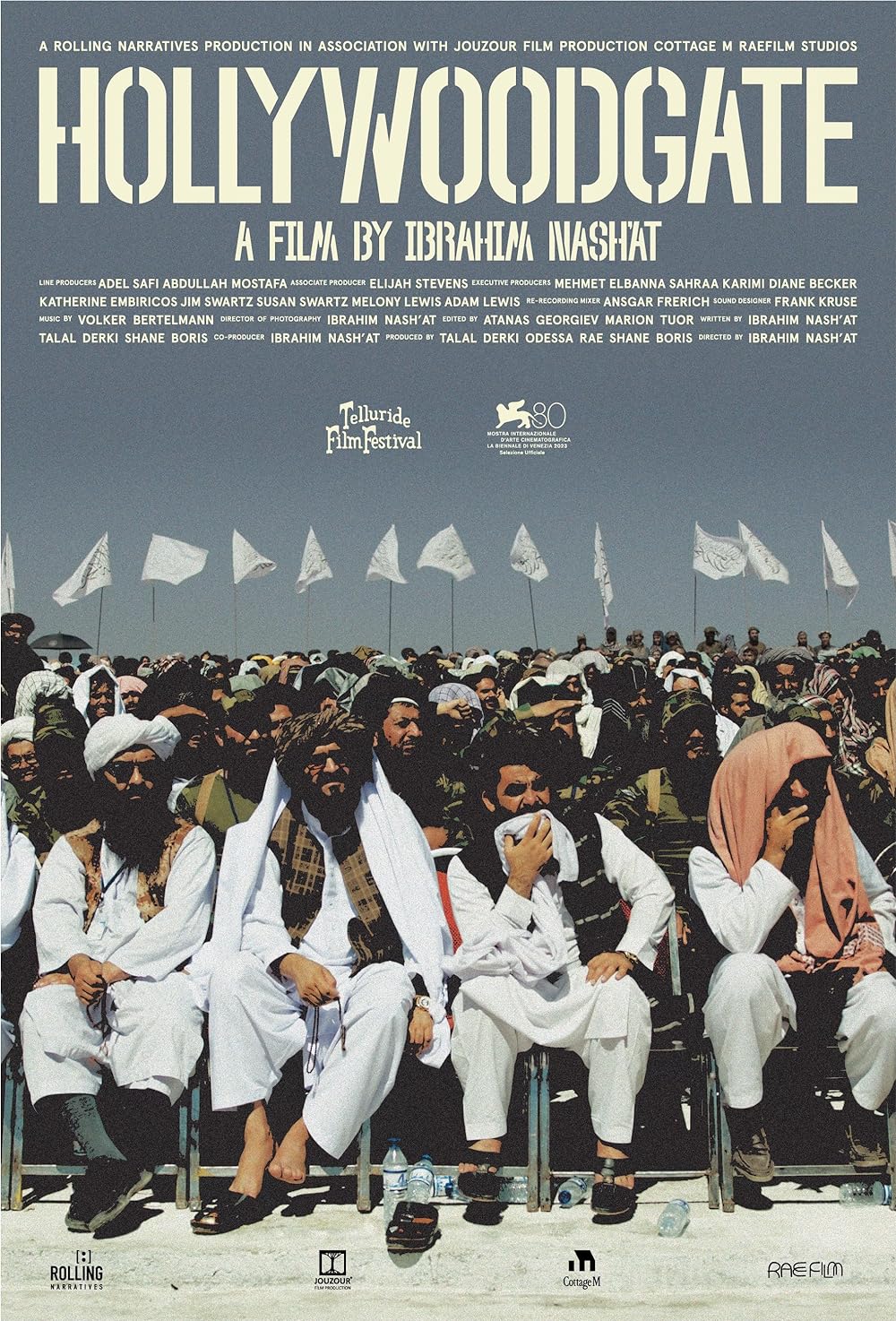An interesting supporting actor in films including "Drive," "The Bourne Legacy," and "Sucker Punch," Oscar Isaac steps to the front of the stage as the title character in Joel & Ethan Coen's "Inside Llewyn Davis." Set over a cold week in 1961 Greenwich Village, the Coens' film chronicles the adventures of a struggling folk singer. Isaac is in nearly every frame of the film as its protagonist, an emotionally distant and somewhat gruff performer trying desperately to both hold on to his artistic integrity and pay the bills. The film is a wonderful addition to the Coen library, at once both heartfelt and almost dreamlike. It's a piece of work that lingers in the memory like a great album with passages from it coming back weeks after you see it. And a lot of its stunning success comes down to Isaac's performance. He recently sat down with us to talk about how he got here, the way an actor can use music to express what's not there in dialogue, and the difficulty of playing a guy who might be considered a jerk.
You play a guy who's called an asshole more than once and some might consider the title to be appropriate. Did you ever worry about walking that fine line of being someone who audiences would not want to see succeed and keeping them engaged?
I suppose I should have worried about it a little more but I didn't. (Laughs.) I didn't at all. I kind of trusted the material. I trusted that the music would be his window. I worked with a great voice coach over Skype, and he turned me on to this Charles Bukowski poem, "Bluebird." Basically, it goes "There's a bluebird in my heart that wants to get out but I'm too tough for him. I pour whiskey on him and inhale cigarette smoke…" and it goes on from there. I liked that a lot. As an experiment, I thought about how you communicate warmth and a connection without ever trying to charm or ingratiate. What happens is that when you interact with people that way—you tell a joke but you don't laugh to make it clear it's a joke—what happens is that the person either gets it and the relationship moves forward and intimacy grows OR they think you're an asshole. For some people, that's going to happen with this movie. "This movie is an asshole. I'm not interested." Other people will see a deeper connection happening and a deeper intimacy with someone who's in a difficult place. They'll be able to go with that. I actually don't think any of the actions that this guy takes could even be described as selfish.
I agree with that. It's more of a tonal thing.
It's the way he goes about things. It's not what you say, it's how you say it.
He says a lot through song as well as behavior and speech. How do you use music as an actor to express something about a character that may not be there in dialogue?
For this movie, it was crucial. That music comes from a place of desperation. Whenever he sings those songs, you get to see where he's at emotionally. It's a direct channel to what's happening inside. The fact that you get to see everything that's happening in his life and then hear the song—it's almost like liner notes. The scenes are liner notes for the songs.

How familiar were you with the period?
Not that familiar. I read a few books. I read Dave Van Ronk's memoirs and I read Chronicle, the Dylan book, and I spent a lot of time down there with people and musicians who around at that time.
Did you model after any specific singer or artist specifically?
Van Ronk more than anybody. I don't try to sound like him but his playing style; his repertoire of songs.
Did you have any input into song selection?
The decisions of what the songs would be and the arrangements—yeah. I helped arrange all the songs that I play.
The Coens are often considered rather specific in their level of detail but they allow that kind of input? How about into character—the same degree of actor input?
Yeah. Same thing. For them, it's the best idea wins. Whoever feels the strongest about any one idea gets to have that idea happen. A lot was written out but a lot was also skeletal. Tonally, we had to figure it out together. Skeletal in terms that Llewyn is not the most expressive, verbally. You know, there was a myriad of ways to play an "Uh huh." There's a ton of ellipses. They might as well have parentheses that say "Act here." There's room for a lot of that and taking the minimalist, internal approach…Whenever I was in the most pain is when they would laugh the loudest.

How are they different from other directors that you've worked with?
I've been lucky to work with some real collaborative directors. There's two of them. That's a first. I think the vibe on-set is unlike anything I've ever seen. Everyone is so happy to be there. Everyone knows it's a privilege. There's an utter lack of vanity. There's no pretension. They don't compliment anybody, which, at first, is scary, but it's so smart because it takes that variable away. You're not looking for approval any more. In a way, it's an act of humility. It's just about the work. That was SO refreshing. The other thing about working with them that is different is how close we became. It's a friendship. That's for me, the most important thing about the whole process—getting to know these guys and the way they view the world.
Thinking about your resume, working with Nicholas Winding Refn, Zack Snyder, the Coens—these are people who put their fingerprints on movies. They have a strong vision. Is that something that you're drawn to for a specific reason—a collaborator with a voice and a vision?
Absolutely. Someone who's contributing something. That's what I look for.
So, then what's more important—your character or a chance to work with an auteur who wants to contribute equally when you have a new project? If the Coens come to you and say, "We've got a part," do you even need to read it?
Probably not with them. But generally, not really. For me, it's just about what's going to keep me interested for the length of time it's going to take to shoot it. As much as there are guys it would be incredible to work with, if there's not a lot to do that fires up my imagination then it would not be worth doing it. Granted, with the Coens, personally, my friendship with them would probably be enough to keep me interested. I'd be happy to play whatever. But, generally, there's gotta be something in the part. There has to be something that makes me worth their time. If I can't contribute anything, they'd be better off getting somebody that could.
A young actor recently told me that he sees every movie as a learning experience so what's the learning experience on this one?
It was my first role where I had to be in every scene. Nearly every frame. (Laughs.) First of all, on a practical level, I learned this particular style of playing. I knew how to play guitar but not this style, which is a very syncopated, unusual style of playing. It was an experiment in internalization. He doesn't have cathartic moments.
You don't get the monologue.
You don't. So how do you trust the context will give you that catharsis?
When I say the word challenging in relation to this film, what's the first thing that pops to mind?
The first thing that pops to mind is the scene with the Gorfeins where I freak out. I was very ill. They pumped me full of drugs. I had a fever. And it was the one time in the film where I actually exorcise some demons. It was an outburst. It was very challenging to muster the energy to do that. But the songs as well, they were incredibly challenging. "Queen Jane," for instance, was a song that I didn't connect with at all when they first handed it to me. I didn't understand why it was this song. I didn't understand why I'd be singing about King Henry. And so wrapping my head around that emotionally and instinctually and not from an intellectual place—that was a great challenge. It was rewarding.

Do you have a back story motivation worked out for each performance? This is why Llewyn is playing this song in this moment to this person?
It is that deep but it's not that intellectual. It's an emotional thing. That's how the Coens work. Sometimes you need to come at something from an intellectual standpoint. I needed to know what borough did he come from. Although that was more academic in terms of what do I sound like and what does that mean about how I behave. The song has to be about…it has to be completely instinctual. "Queen Jane" – part of the point of that song is that it's the absolutely wrong song to play for this guy. He chooses it instinctually. He thinks maybe he'll like it and it's what he's feeling right now. "I can relate to this old folk song and that's what I do – I play old folk songs. I make them relevant to me. This is who I am and I'll play it for you." There's no sense of what would work better. There's none of that.
How much back story do you do in general as an actor?
It's important. It's all about what inspires the imagination and what helps you focus in on behavior. Back story can be really helpful with that and sometimes it's not as helpful. Sometimes you need those tools when you're having a hard time finding your way in. Sometimes you find your way in from less obvious ways. For this one, thinking less about specific neighborhoods and jobs he did before and maybe more about Buster Keaton. He's someone who works from instinct and doesn't express himself emotionally and yet it's a comedic performance—the comedy of resilience and what does that mean and why do we laugh at people who are going through hardship and, particularly, Buster Keaton? Every other moment he's almost dying, literally, and that's funny and why is that funny? And trying to get inspired by those kind of things.

